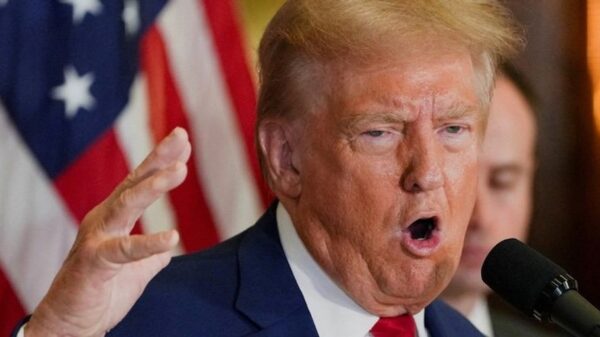U.S. Senator Amy Klobuchar has denied making derogatory remarks about actress Sydney Sweeney in a recently circulated video, clarifying that the clip was a product of deepfake technology. The video, which appeared to show Klobuchar criticizing Sweeney for her collaboration with American Eagle, sparked significant backlash online.
In response to the controversy, Klobuchar issued an official statement, highlighting the dangers posed by deepfakes and advocating for legislative measures to combat their misuse. She emphasized the need for new laws that would allow individuals to request the removal of deepfakes that exploit their likeness or voice, with certain protections for free speech.
Details of the Incident
The manipulated video featured a digital version of Klobuchar at a Senate Judiciary subcommittee hearing. In the clip, she purportedly mocked Sweeney’s ad, which promotes a new line of jeans. The deepfake depicted Klobuchar using phrases that many found offensive, suggesting that Democrats are “too fat to wear jeans or too ugly to go outside.”
According to Klobuchar, the AI-generated content was convincingly realistic, leading to confusion among viewers. Speaking to the New York Times, she stated, “The A.I. deepfake featured me using the phrase ‘perfect t—–s’ and lamenting that Democrats were ‘too fat to wear jeans or too ugly to go outside.’” She was quick to assert that while she could tell the video was manipulated, its authenticity was startling.
Legislative Response and Implications
In the wake of this incident, Klobuchar has proposed a legislative act aimed at regulating deepfake content. This initiative seeks to empower individuals with the right to demand the removal of deepfakes that misrepresent them, while maintaining safeguards for expressions protected under the First Amendment.
The incident has raised broader concerns about the implications of deepfake technology, which has become more accessible and prevalent in recent years. As digital misinformation continues to be a pressing issue, Klobuchar’s response underscores the urgent need for protective measures in the realm of social media and digital content.
As discussions around this topic evolve, the potential for deepfakes to disrupt public discourse and personal reputations remains a critical concern for lawmakers, social media platforms, and the public alike.







































































